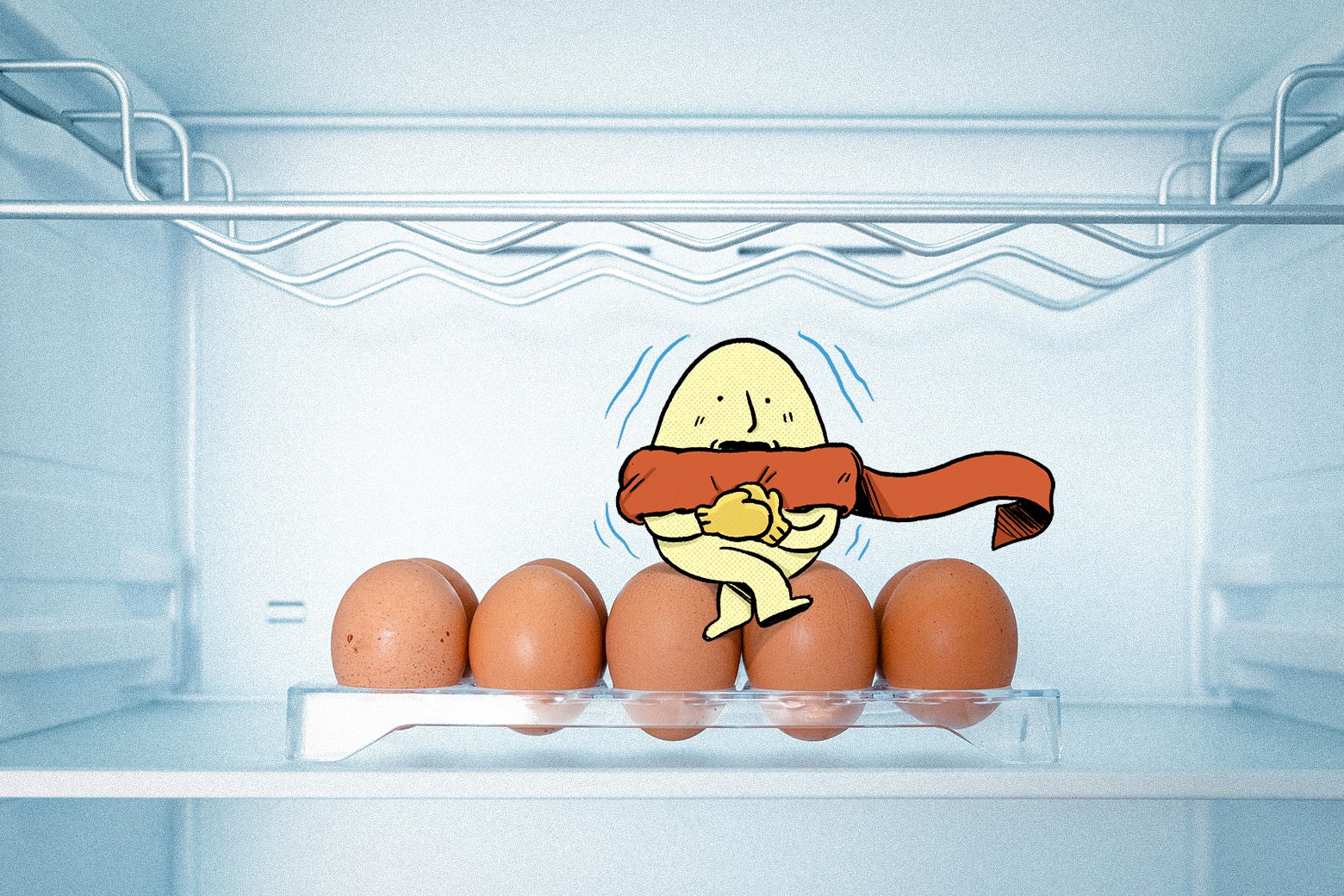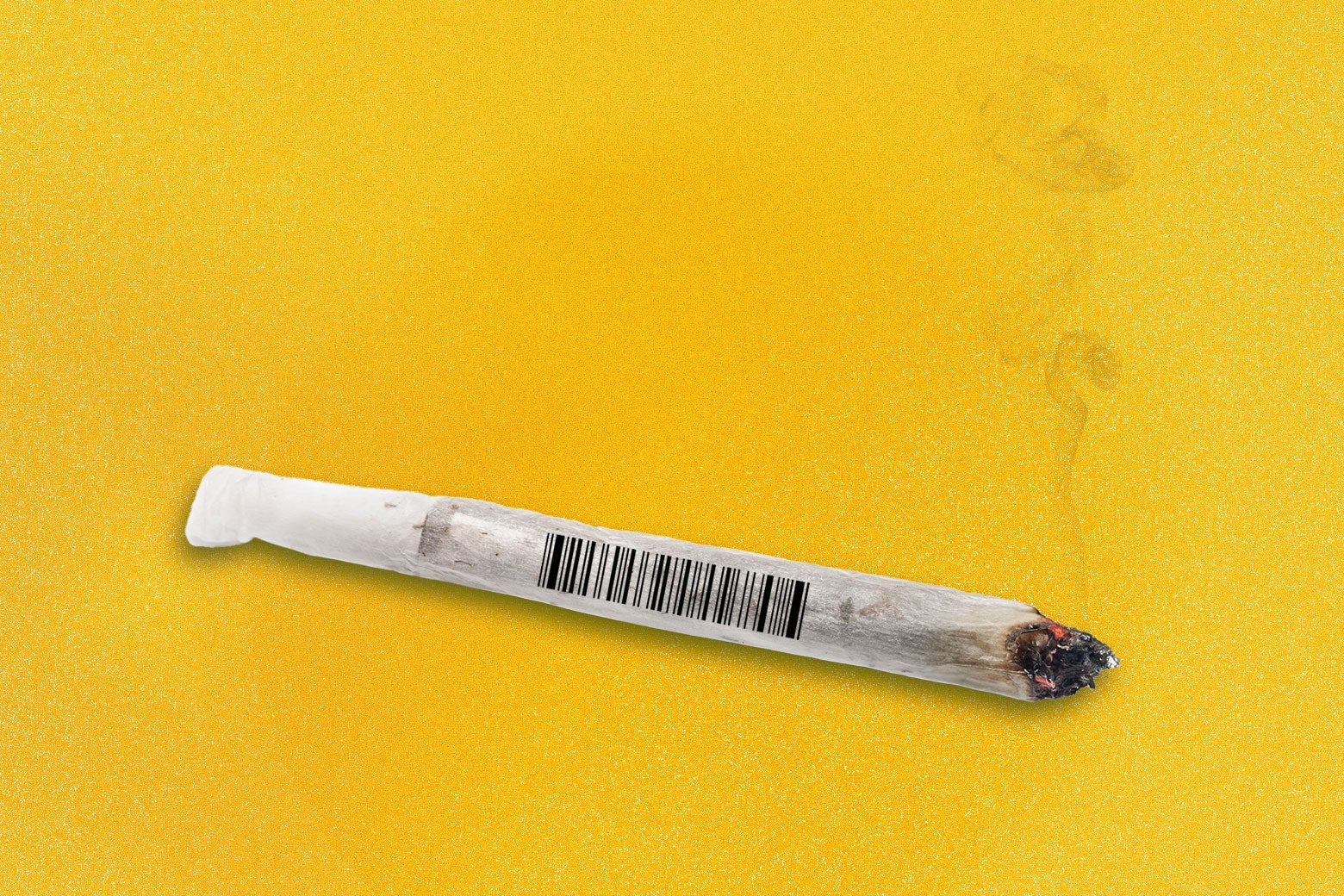Australian Woman Unwittingly Gives Birth to Stranger's Baby Due to Embryo Mix-Up

A shocking incident has come to light in Australia, where a woman has unknowingly given birth to a child that is biologically unrelated to her, following a serious mix-up at a fertility clinic. Monash IVF, located in Brisbane, Queensland, mistakenly implanted embryos belonging to another woman into her, resulting in the unexpected birth. This alarming revelation underscores ongoing issues within the fertility treatment industry.
The mix-up at Monash IVF has been attributed to human error, as reported by various Australian media outlets. According to a spokesperson from the clinic, the situation came to light in February when the biological parents of the remaining frozen embryos sought to transfer their embryos to a different clinic. Upon review, clinic staff discovered that, contrary to expectations, an additional embryo was still stored at their facility.
Instead of finding the expected number of embryos, an additional embryo remained in storage, the spokesperson explained to ABC News. This error led to the thawing and implantation of an embryo from another patient, which ultimately resulted in the birth of a child that is not genetically related to the woman who gave birth.
In response to this incident, Monash IVF has initiated a thorough investigation and has referred the matter to relevant regulatory bodies to ensure transparency and accountability. Michael Knaap, the CEO of Monash IVF, expressed deep regret over the situation, stating, On behalf of Monash IVF, I want to say how truly sorry I am for what has happened. He added that the staff at the clinic are devastated by the mistake and are committed to making sure such an incident does not occur again.
This incident is not the first controversy faced by Monash IVF. In a landmark class action lawsuit last year, the clinic reached a staggering A$56 million (26.8 million) settlement with approximately 700 former patients. The lawsuit stemmed from a mishap involving the destruction of viable embryos, which were wrongly identified as abnormal due to inaccurate genetic testing. The findings revealed that around 35% of the embryos in question were indeed normal and could have led to successful pregnancies.
In vitro fertilisation (IVF) is a complex and costly procedure involving the extraction of eggs from a woman's ovaries, which are then fertilized with sperm in a controlled laboratory environment. Once the fertilized eggs develop into embryos, they are implanted into the womans uterus. Despite its technological advancements, IVF does not guarantee success and can be emotionally and financially taxing for couples trying to conceive.
According to a report from the University of New South Wales, in 2021, there were 20,690 babies born as a result of IVF treatments in Australia and New Zealand. This statistic highlights the increasing reliance on fertility treatments among couples facing challenges with conception. However, incidents like this recent mix-up raise critical questions about the safety and reliability of such medical procedures, emphasizing the need for stringent protocols and oversight in the field.



























